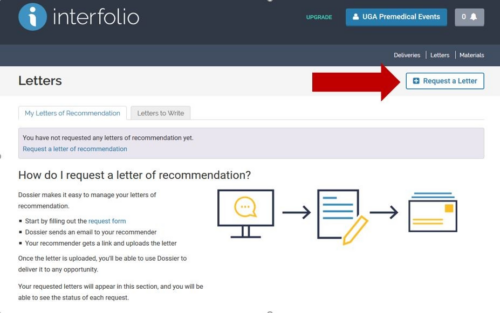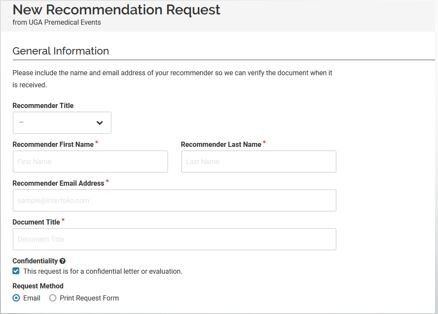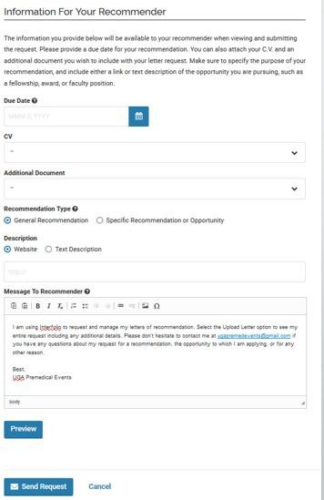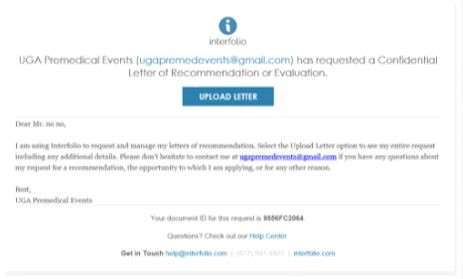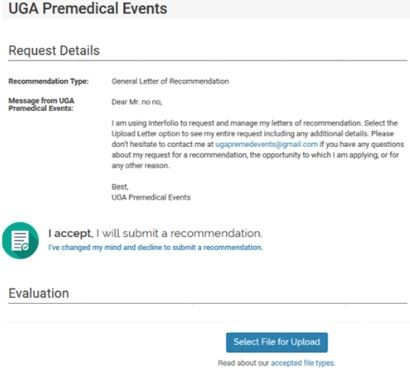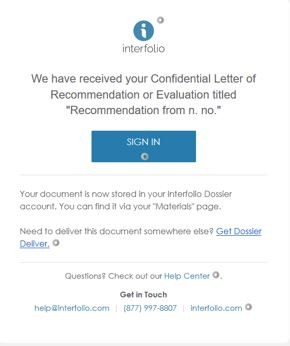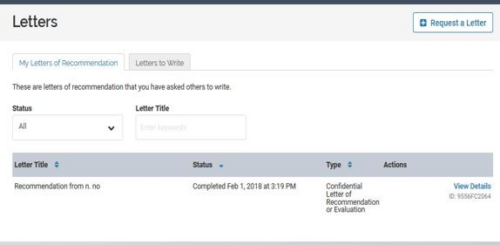Individual medical schools are quite specific in the number and types of letters of evaluation they expect from applicants. Therefore, you should be selective in who you ask to submit letters on your behalf and you should always double-check the individual requirements of each school to which you want to apply. Remember that while you do want to make sure that you are satisfying the requirements of the schools to which you are applying, it is equally critical that you obtain letters from evaluators who know you well and can speak positively on your behalf.
You should obtain two letters from science faculty. Research mentor letters will often count for this requirement, but you still need to check with individual schools. For example, LSU has very strict requirements and will not accept a research letter for this category, but Emory has more flexible requirements and will. While LSU’s policy is more of an exception than the norm, it does highlight why it is important to always check each individual school’s requirements. Further, you are always encouraged to build relationships with multiple faculty members since they can serve not only as mentors, but also as advocates.
If you have done research, you should always plan to include a letter from your research mentor. If you are in a hard science lab, this letter will likely be one of your core science letters as mentioned above. However, letters from research mentors in other areas, such as psychology or sociology, are extremely valuable as well and you should include them. Research mentors often have a chance to get to know their students well making this one of your strongest letters.
In addition to the science letters, you should obtain a letter from a physician with whom you have shadowed or volunteered. While this letter is not always explicitly required, it is almost always expected. If you are applying to D.O. programs, you are highly encouraged to get a letter from a D.O. if possible.
There are some medical schools that require a non-science faculty letter, so make sure you cultivate relationships with non-science faculty as well since you may opt to apply to one of those programs, e.g. Harvard. Beyond that, you can include additional letters from other professors you may have worked closely with (for instance, as part of your double-major, minor, or certificate program), other physicians or healthcare professionals you have shadowed under or worked with, volunteer coordinators, etc.
You should NOT use personal references such as friends or family nor should you use professional references from evaluators who do not know you — e.g. a professor from a large lecture class who you have never spoken to, a senator that you have never worked with, your pastor, etc.

